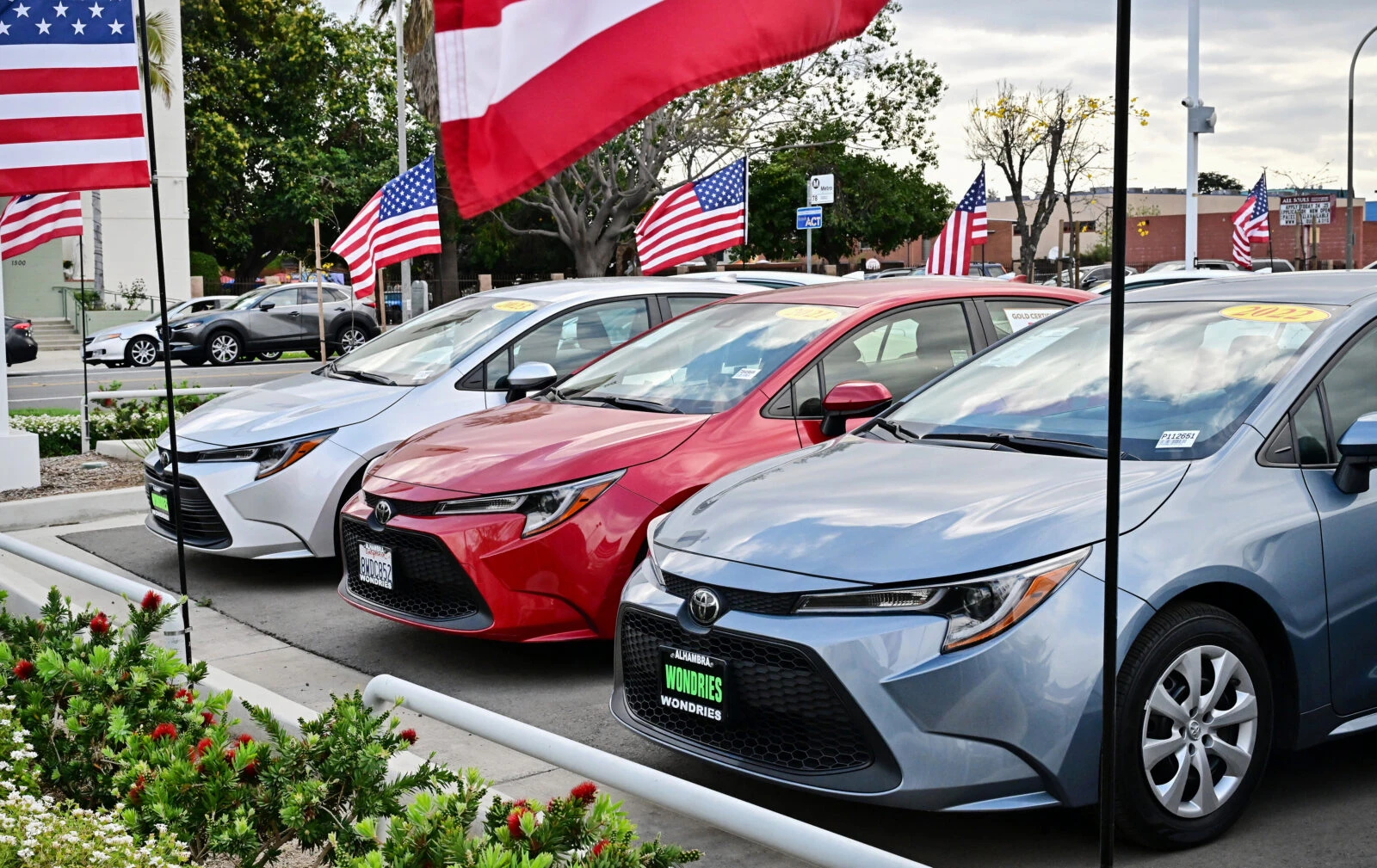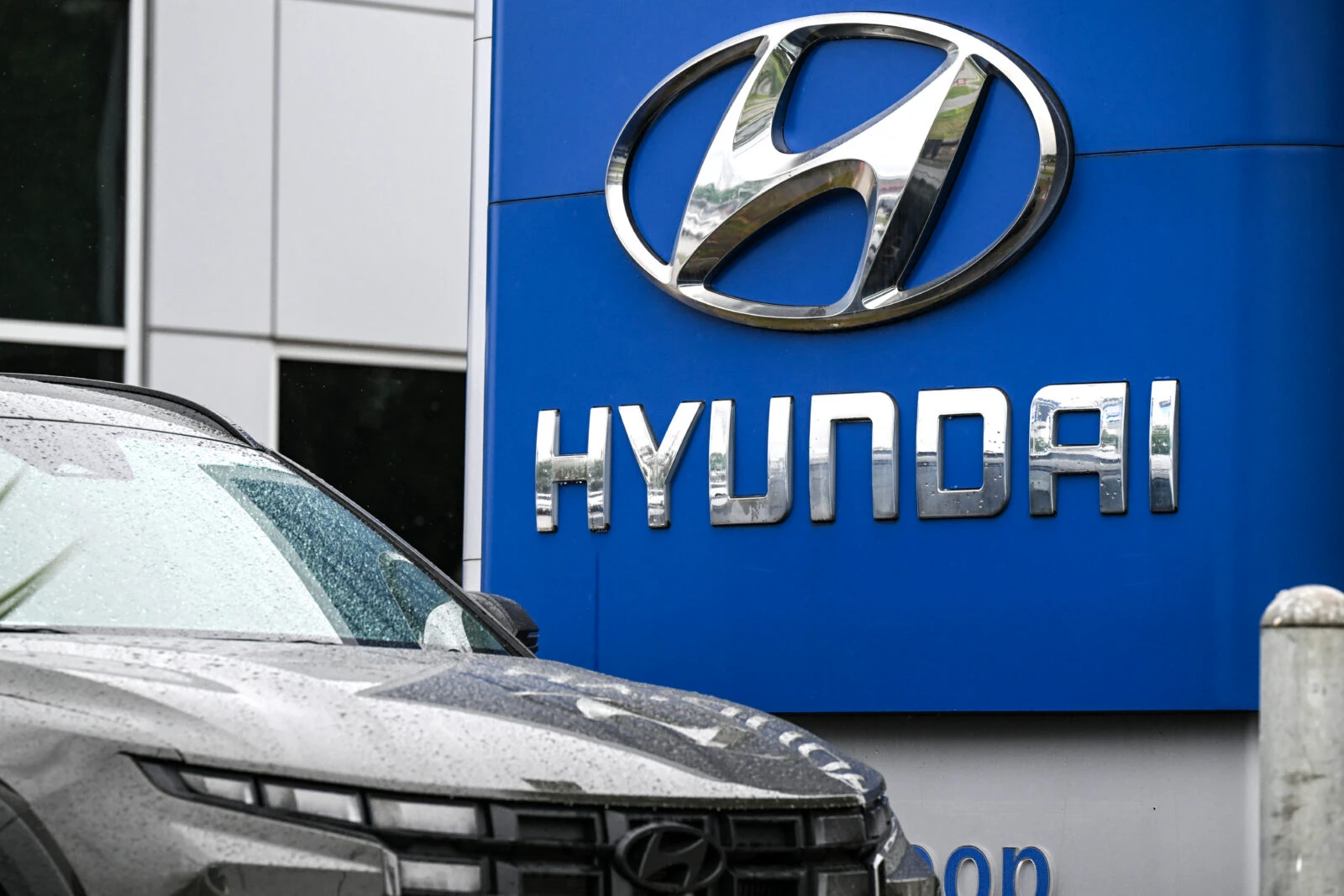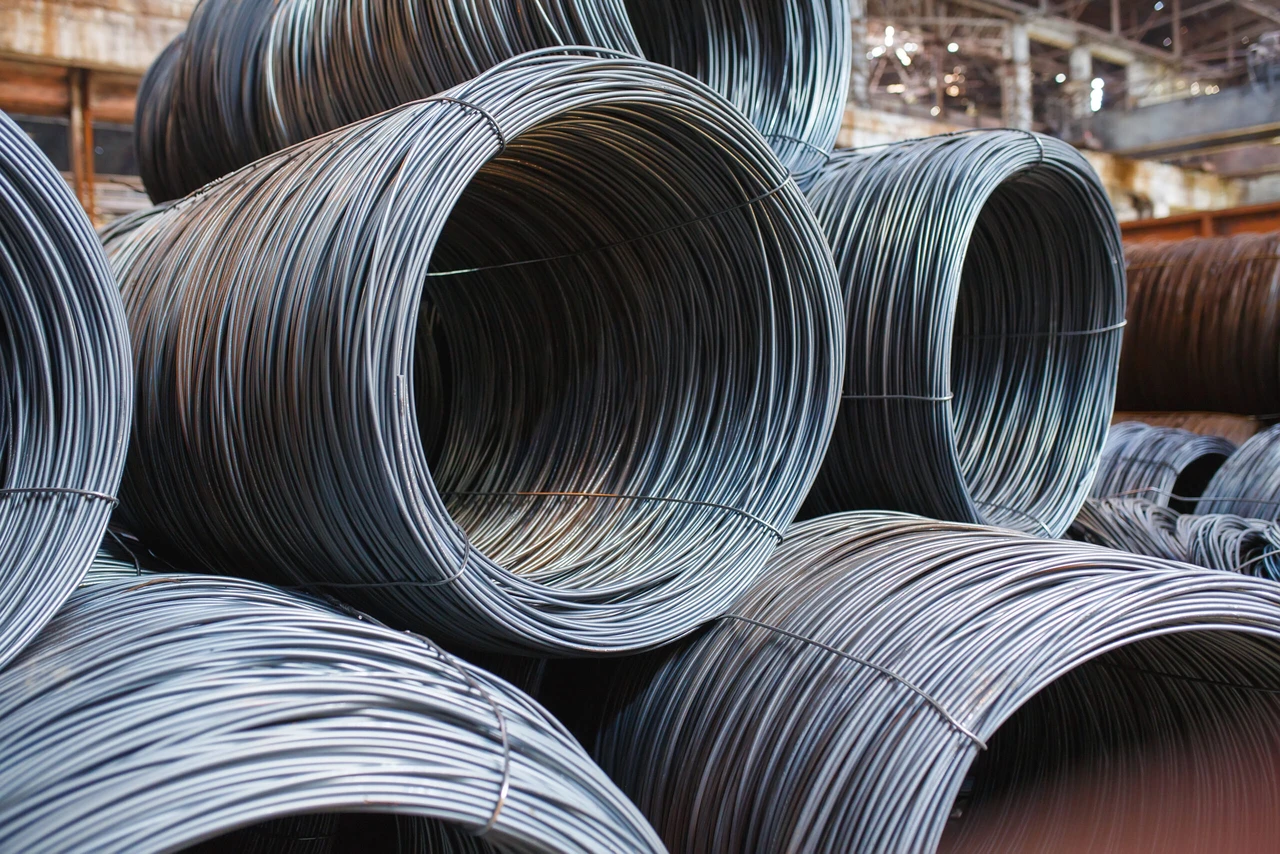Trump tariffs on auto imports to shake US sales, hurt global carmakers: Fitch
 A vehicle is seen raised for display at a Kia dealership in Alhambra, California, on Mar. 27, 2025. (AFP Photo)
A vehicle is seen raised for display at a Kia dealership in Alhambra, California, on Mar. 27, 2025. (AFP Photo)
One of the big three credit agencies, Fitch Ratings, warned on Monday that the latest U.S. tariffs on automobile imports and auto parts will lead to higher vehicle prices, decreased consumer demand, and negative credit implications for global car manufacturers.
The tariffs, which impose a 25% levy, were announced on Mar. 26 and are scheduled to take effect on Apr. 2. Unlike previous tariff announcements that targeted specific trade partners, this round of tariffs applies universally, affecting vehicle and parts imports from all countries.
Fitch pointed out that, although previous tariffs on imports from Canada and Mexico were delayed, the new measures do provide limited flexibility for vehicles and parts that comply with the United States-Mexico-Canada Agreement (USMCA). Under the new policy, automakers producing USMCA-compliant vehicles will be able to certify U.S. content to avoid tariffs.
However, any non-U.S. content in those vehicles will still be subject to duties. In the case of parts, tariffs will be deferred until a formal verification process is established to determine whether they are sourced from the U.S.
Currently, imported vehicles account for approximately half of all light vehicles sold in the U.S. market. Mexico is the largest foreign supplier, followed by South Korea, Japan, Canada, and Germany. While many imports from Mexico and Canada already meet USMCA requirements, some do not, making them vulnerable to the new levies.

US auto market is expected to contract
Fitch warned that the new tariffs will particularly harm automakers exporting vehicles from Japan, South Korea, and Germany to the U.S. market.
“For Volkswagen (A-/Stable), the tariffs will hit the higher-margin luxury segment (including Porsche), further weakening FCF (free cash flow) and reducing rating headroom,” it said. Toyota (A+/Stable) and Hyundai, including its Kia brand (A-/Stable), are also expected to feel the pressure, it noted.

The U.S. is a critical market for these companies, accounting for roughly 25% of their global sales. Notably, around 60% of Hyundai’s U.S. vehicle sales are produced in South Korea and will therefore be subject to the new tariffs.
By comparison, 23% of Toyota’s U.S. sales are from Japan-made vehicles.
Automakers with extensive production operations in the U.S., Mexico, and Canada could initially benefit from exemptions. As part of such efforts, Hyundai announced on March 25 that it will invest $21 billion to establish a new manufacturing plant.

However, Fitch cautioned that ongoing changes in U.S. trade policy could still increase operational costs and put pressure on profit margins.
“Both Stellantis (BBB+/Negative) and Nissan (BB+/Negative) already have negative rating outlooks and face relatively high exposure to tariffs on imports from Mexico and Canada,” the report said.
Fitch anticipates that manufacturers will pass the additional costs on to consumers, resulting in higher vehicle prices, adding that this, in turn, could reduce demand in an already sensitive market.
The agency revised its forecast for U.S. light vehicle sales in 2025 downward, from 16 million units to 15.7 million—a reduction of 300,000 units.



